NETFLIX’S Seaspiracy has been blasted for ‘false claims and misleading footage’ of disturbing dolphin slaughter.
The hard-hitting documentary depicting the dangers of commercial fishing is currently top of the most watched lists on the streaming service.
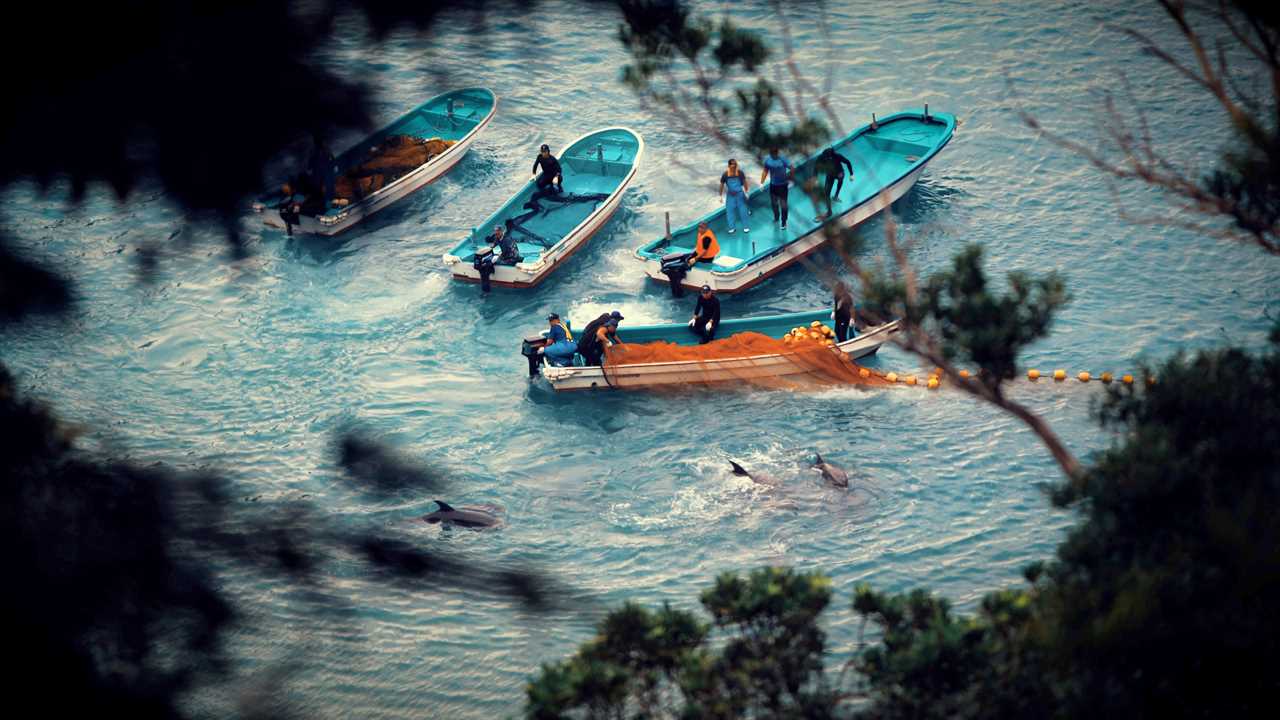
But now the NGOs (Non-Governmental Organisations), experts and those in charge of sustainability labels have hit back at the film’s message.
Viewers reported feeling “destroyed” and vowing to turn vegan after witnessing the harrowing scenes of dolphin and whale poaching in the new show.
The gritty doc, by film maker Ali Tabrizi, focuses on the fishing industry and the corruption inside of it – including the issue of ‘dolphin friendly’ seafood which, it argues, is not so friendly after all.
In the course of the 90 minute programme, the 27-year-old’s quest is to show the harm humans do to marine species.
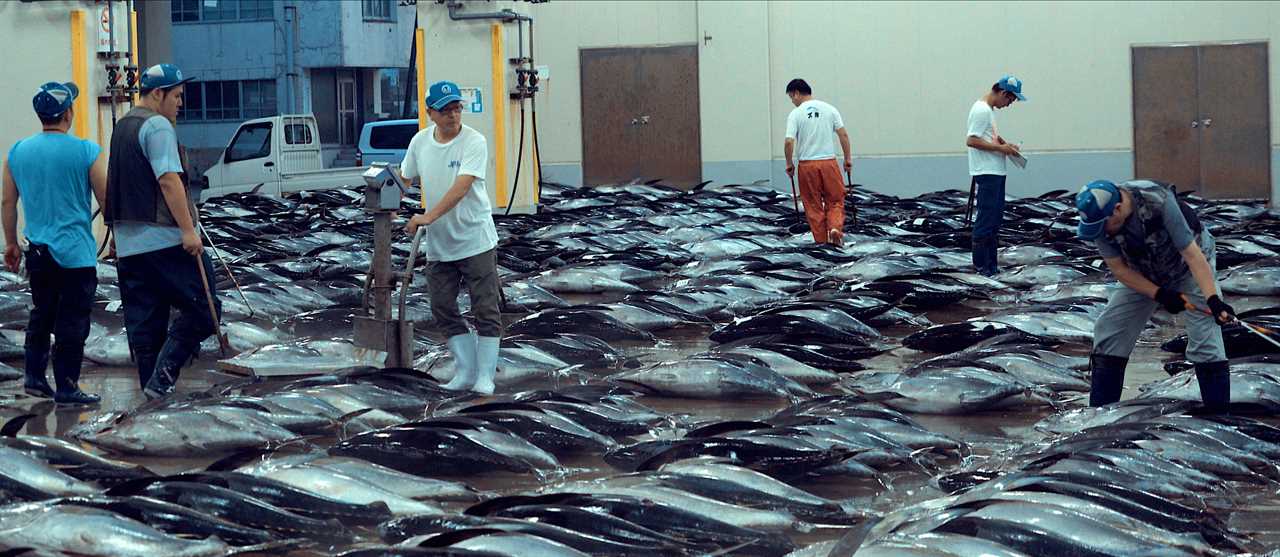
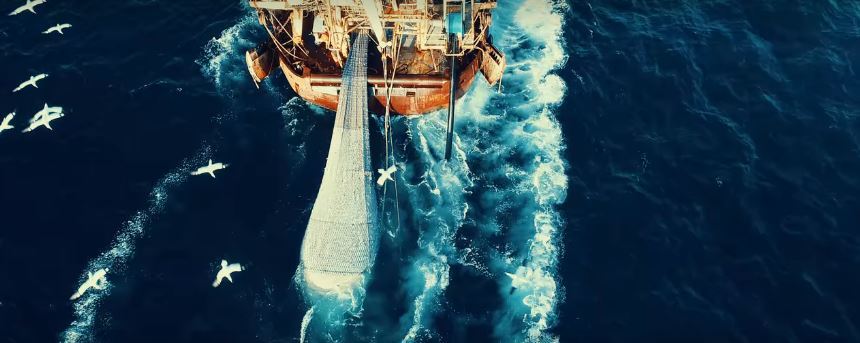
He found that for every dolphin being caught, 12 more were being killed – even though there’s no market for dolphin meat – casting huge doubt on the aspect of tuna fishing ever being ‘dolphin friendly’ – as stated on the food label.
But now those quoted in the documentary have accused the makers of “misleading claims”, using out-of-context interviews and erroneous statistics.
As Ali questions the validity of the Dolphin Safe and Marine Stewardship Council labels in the documentary, representatives from both organisations have accused the film-makers of taking their words out on context.
During his appearance in the film, Mark Palmer, associate US director of the International Marine Mammal Project (IMMP), was asked if his organisation could guarantee no dolphins were ever killed during fishing for tuna.
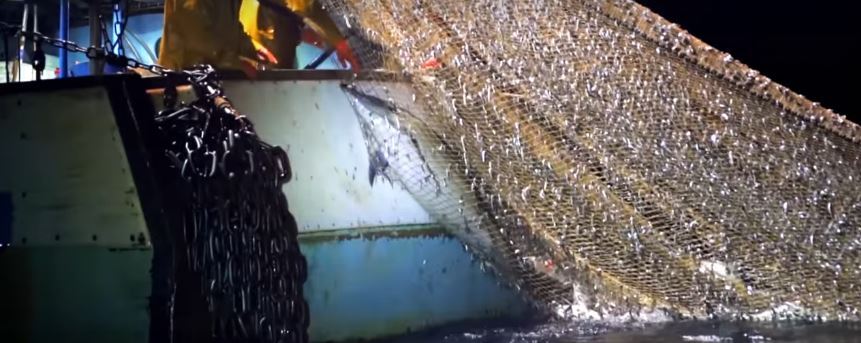
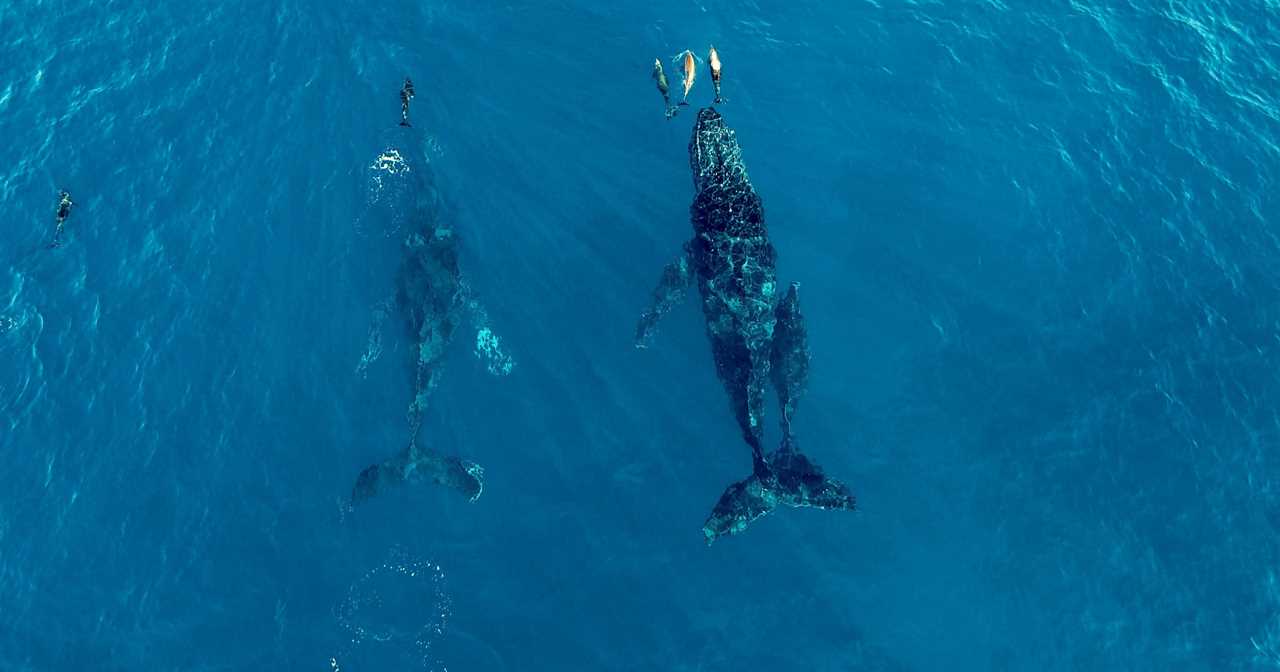
He told The Guardian: “I answered there are no guarantees in life but that drastically reducing the number of vessels intentionally chasing and netting dolphins as well as other regulations in place, that the number of dolphins that are killed is very low.
“The film took my statement out of context to suggest that there is no oversight and we don’t know whether dolphins are being killed. That is not true.”
While a strongly worded statement on the programme from the IMMP read: “The recent film Seaspiracy falsely claims that the dolphin-safe tuna program is a conspiracy to benefit the global fisheries industries. Nothing could be further from the truth.”
IMMP director David Phillips, went on to state: “The dolphin-safe tuna program is responsible for the largest decline in dolphin deaths by tuna fishing vessels in history. Dolphin-kill levels have been reduced by more than 95 percent, preventing the indiscriminate slaughter of more than 100,000 dolphins every year.”
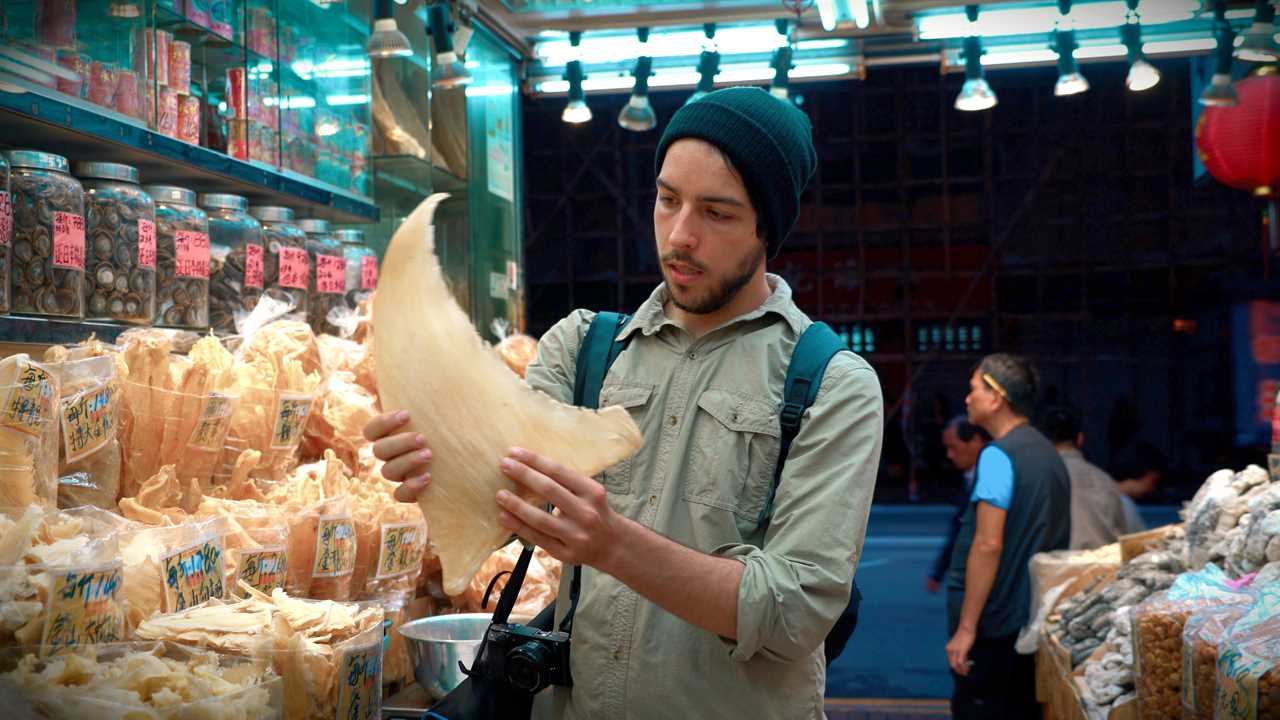
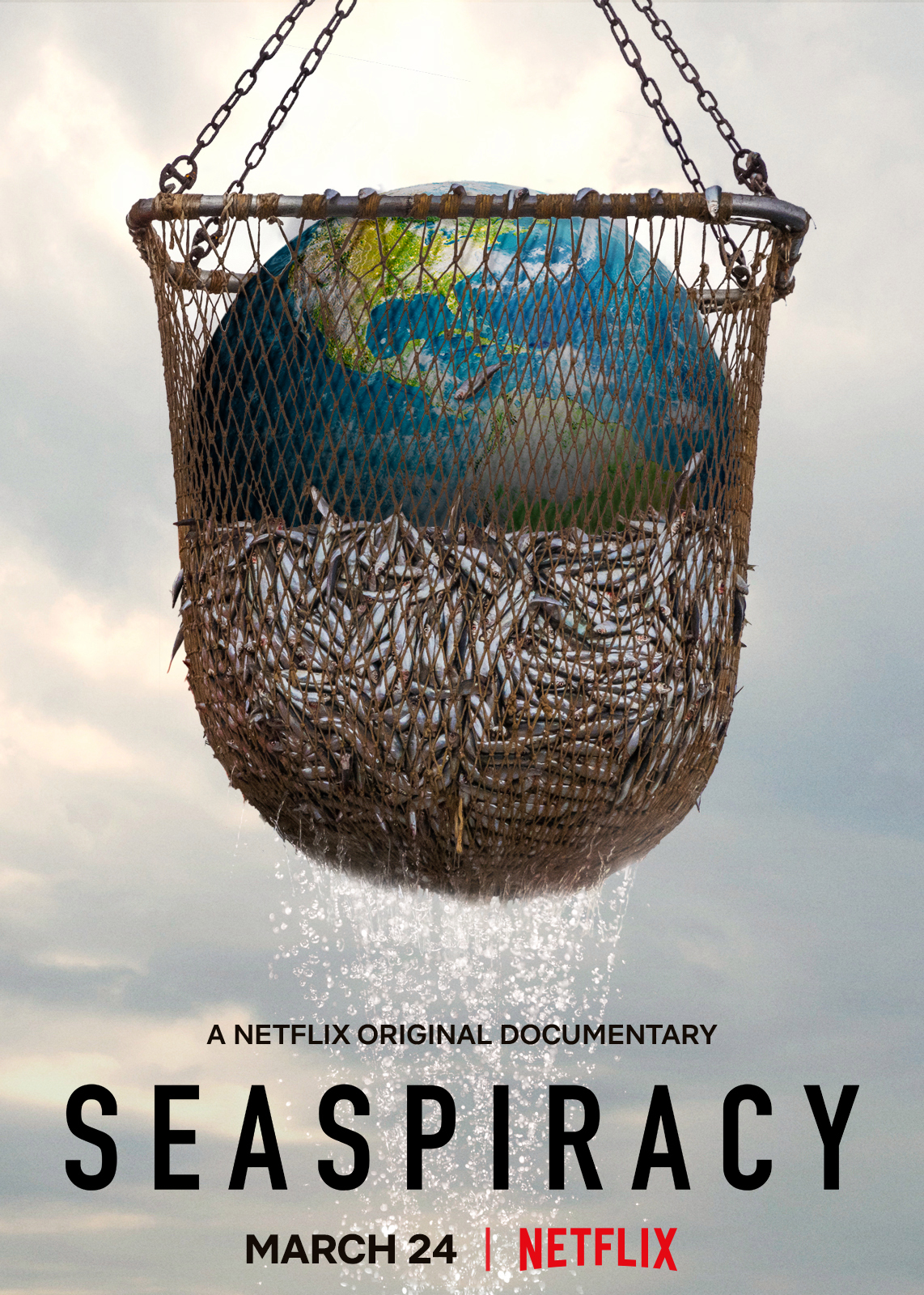
He added: “While covering critical topics, Seaspiracy unfortunately does a disservice to a number of organizations that are doing critical work to protect oceans and marine life.”
Professor Christina Hicks, an environmental social scientist at the Lancaster Environment Centre whose interview features in the film, tweeted: “Unnerving to discover your cameo in a film slamming an industry you love & have committed your career to. I’ve alot to say about #seaspiracy- but won’t.
“Yes there are issues but also progress & fish remain critical to food & nutrition security in many vulnerable geographies.”
In addition a spokesperson for the Marine Stewardship Council said although the film highlighted “known problems” it had also made “misleading claims” about the fishing industry.
They added: “Fisheries that ask to go through an MSC assessment work hard to reach the verifiable and science-based standards we set, ensuring that fish stocks are conserved for future generations.”
Responding to the backlash film-maker Tabrizi said: “We did not claim in the film that the Dolphin Safe label is a conspiracy to benefit global fisheries industries…
“The label does not say 95% dolphin safe. It claims to be dolphin safe. In the words of Mark Palmer himself, ‘one dolphin and you’re out’. This wasn’t taken out of context.”
Did you miss our previous article...
https://thecelebreport.com/television/tipping-point-fans-gush-over-hot-brunette-but-are-baffled-as-she-ignores-major-clues-from-ben-shepherd






